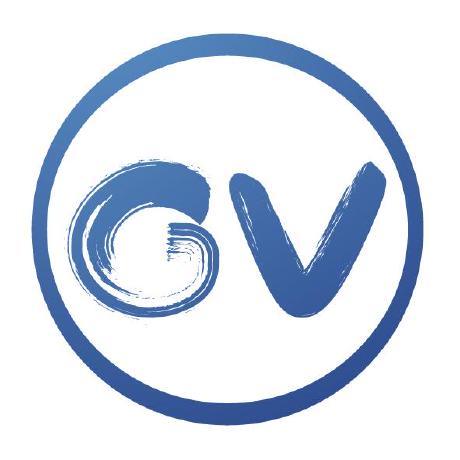Discover and explore top open-source AI tools and projects—updated daily.
quip-sharp by  Cornell-RelaxML
Cornell-RelaxML
LLM quantization for extreme compression
Top 55.9% on SourcePulse
QuIP# is a weight-only post-training quantization method designed for extreme compression of Large Language Models (LLMs) down to 4 bits per weight or less. It targets researchers and practitioners seeking to deploy LLMs with significantly reduced memory footprints and improved inference speeds, offering state-of-the-art performance in highly compressed regimes.
How It Works
QuIP# employs a novel approach combining a randomized Hadamard transform (RHT) for efficient incoherence processing, $E_8$ lattice-based codebooks for fast vector quantization, and a fine-tuning scheme to capture inter-layer dependencies. This combination allows for superior quantization quality, particularly at very low bitrates, outperforming theoretical lossless methods at 4 bits with its 3-bit models.
Quick Start & Requirements
- Install via
pip install -r requirements.txtand build CUDA inference kernels (cd quiptools && python setup.py install). - Requires CUDA-enabled GPU.
- Pre-quantized models and Hessians are available on Hugging Face.
- Official documentation and examples for Llama models are provided.
Highlighted Details
- Achieves state-of-the-art performance at $\le 4$ bits per weight.
- Demonstrates superior scaling for 3-bit models compared to 4-bit models.
- Offers CUDA kernels for fast inference, with ongoing work to improve 3-bit inference speed.
- Supports fine-tuning during quantization to capture inter-layer interactions.
Maintenance & Community
This codebase is no longer under active development, with QTIP being the successor method. Users are encouraged to open GitHub tickets for questions. Pre-quantized models are available on Hugging Face.
Licensing & Compatibility
The code is licensed under GNU GPL v3. Use of underlying LLM models (Llama, Mistral) is governed by their respective licenses. The GPLv3 license may impose copyleft restrictions on derivative works.
Limitations & Caveats
The project is not under active development. Optimized CUDA kernels for 1-bit matrix-vector multiplication are missing, impacting 3-bit inference speed. While adaptable to non-Llama architectures, it requires manual script modification.
1 year ago
Inactive

 fpgaminer
fpgaminer OpenGVLab
OpenGVLab SqueezeAILab
SqueezeAILab microsoft
microsoft huggingface
huggingface nunchaku-ai
nunchaku-ai dropbox
dropbox Vahe1994
Vahe1994 IST-DASLab
IST-DASLab mit-han-lab
mit-han-lab qwopqwop200
qwopqwop200 InternLM
InternLM